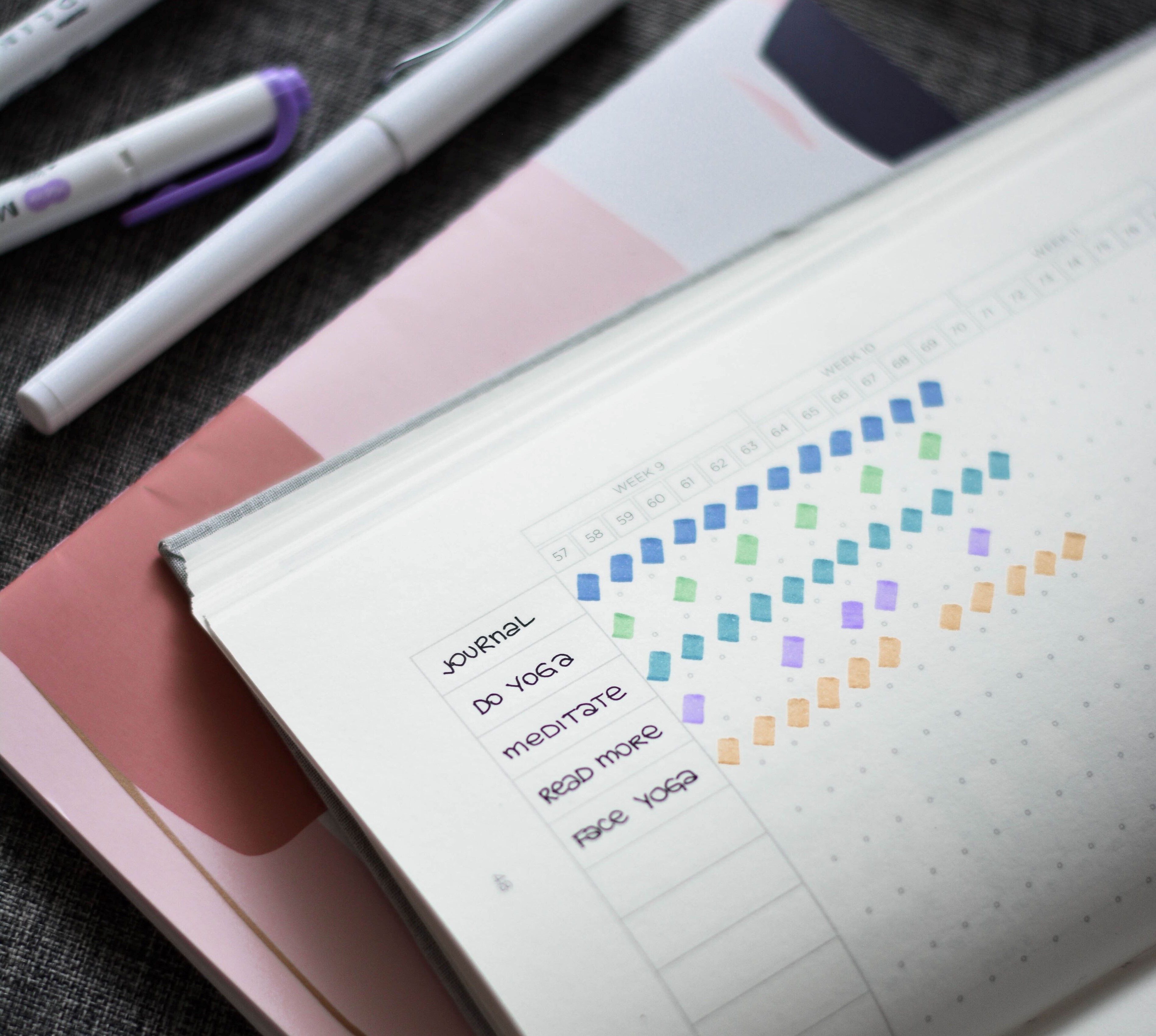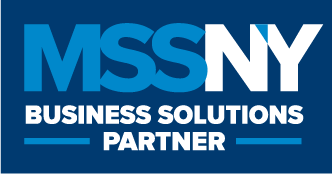Hello to New Habits

Do Overs
A new year brings the excitement and hope of fresh starts and new opportunities. Did last year not go the way you wanted? Are there things you want to change about yourself or your circumstances? Is there something you’ve been longing to accomplish? This is the time of year to make plans and muster resolve. In order to make any lasting changes though, you will need to evaluate your habits. They are the building blocks of who we become, so let’s dive in!
“People do not decide their futures, they decide their habits and their habits decide their futures.”
F. Matthias Alexander
New Beginnings
At the beginning of every new habit, there are neuropathways that need to be created and then repeatedly strengthened. And in order to form new habits, you may need to start by unlearning old habits and breaking those neuropathways, to make room for the desired ones.
Let’s take the work of F. Matthias Alexander, who developed the Alexander Technique. F. M. Alexander was an elocutionist and performer whose technique is still used widely today by artists and entertainers. The Alexander Technique (AT) is a way to cultivate presence and awareness, and create ease of movement. Along with the arts, it can also be used for patients with chronic pain who are seeking relief. F.M. Alexander discovered that by teaching his patients to be aware of the slightest unhealthy movements and postures, he could then help alleviate the resulting pain by creating new, healthy movement habits.
For instance, if you have chronic neck pain stemming from the way you sit at your desk, then AT would first teach you how to notice the way you hold your head, where you place your gaze, or how you position your shoulders. Once you are aware of the unhealthy habits in your positioning, you would then be taught the correct positions through a combination of verbal instruction and hands-on guidance.
Creating these new movement habits is not usually achieved by repetitive exercises, as you may think; rather, changes are intentionally made in the midst of daily life where these habits occur. Say you play piano but your shoulders are shrugged upward, creating upper back tension. Then your new habits will be formed when you sit at the piano. You would use your newfound awareness of the incorrect positioning of your shoulders as you are playing the piano, and then consciously redirect them to the correct position as you continue to play.
The belief is that old habits can be broken and new habits formed within the context of your current habits. There’s no need to create a new timeslot to practice placing your shoulders in the correct position 10-15 times before sitting at the piano again. Use the moments that are already part of your routine to re-train your habits. Tie the new habits to existing healthy ones for added surety. Once you master the small habits, you will achieve your end goal of playing piano without neck pain… or whatever it is you decide to tackle in your life this year.
Fresh Starts
Now we know that a goal is reached by creating new habits in the smallest moments of your current daily life. That seems manageable. And you probably have a long list of goals for the new year. But which ones do you tackle first? We’ll let you decide that. In the meantime, we’ve compiled a list of the best tips and hacks generally known to help people achieve their goals and create new habits. Scroll through these and take note of any that resonate with you.
- Get most important tasks done before noon.
- Move your body every day.
- Don’t keep your cell phone in your bedroom.
- Have a mantra. Mindset is everything, choose what you want to feed your brain.
- Design a morning routine to help you focus on your goal.
- Stack your habits. Tie new habits to existing habits to ensure they get done.
- Start small. You can’t jump over a mountain in one leap.
- Celebrate the wins. Adding a reward never hurts!
- Get enough sleep so your brain is ready for the day.
- If you can work with a partner, do it! Accountability is proven to help consistency.
- Make a vision board. You’re more likely to achieve something you can see.
- Read! Life-long learning has enormous benefits.
Comebacks
Don’t get overwhelmed by the freshness of the new year. It’s a blank slate, wildly full of possibilities. Only you can decide what habits and goals you want to achieve this year. Where are you going to start?
**Additional Resources
40 Small Habits That Make A Large Impact | Hive
Research on the Health Benefits of the Alexander Technique – Alexander Technique Science
What is AT? – Alexander Technique Science
How to Build Healthy Habits - The New York Times (nytimes.com)
6 Powerful Ways to Build New Habits | Psychology Today

